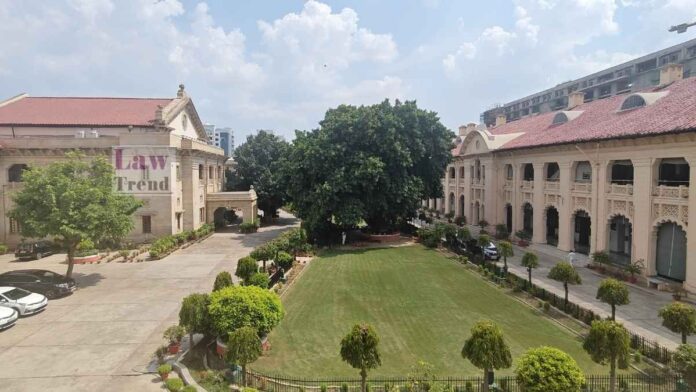The Allahabad High Court has released an appellant on probation of good conduct in a criminal case dating back to 1982, strongly criticizing the trial court for failing to record special reasons for denying the benefit of probation as mandated by law. Justice Nand Prabha Shukla partly allowed the appeal filed by the surviving appellant,
To Read More Please Subscribe to VIP Membership for Unlimited Access to All the Articles, Download Available Copies of Judgments/Order, Acess to Central/State Bare Acts, Advertisement Free Content, Access to More than 4000 Legal Drafts( Readymade Editable Formats of Suits, Petitions, Writs, Legal Notices, Divorce Petitions, 138 Notices, Bail Applications etc.) in Hindi and English.




